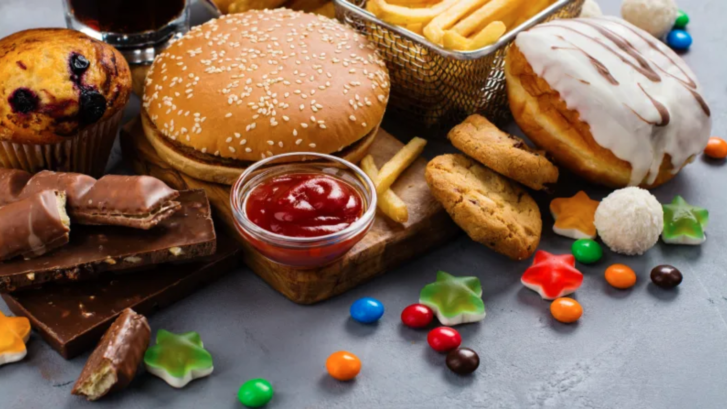The Danger In Ultra-Processed Foods
Sausages. Mayonnaise. Pizza. Potato chips. Bacon. Even whiskey, gin, and rum. All these foods and many more share two common traits: All were “processed” into their familiar form by humans, and all have been implicated in an increased risk for early death.
Our concierge primary doctors in Jupiter want to make you aware of the latest studies on the dangers of consuming these foods as the primary part of your diet.
The difference in these studies is that they don’t just address so-called “junk” foods like cookies and fast foods, but many of the items that all of us have in our kitchens and rely on as staples of our diet.
The studies
Published last month in the journal BMJ, one study followed more than 100,000 adults in France for five years. They found that those who ate the most processed foods were 23 percent more likely to experience a heart condition or stroke than those who consumed the lowest amounts.
The second study, also published in BMJ, tracked 20,000 Spanish adults over 20 years. Those who ate the most processed foods were 62 percent more likely to die during the study period than those who ate the lowest.
“High consumption” was defined as four or more servings of ultra-processed foods daily, with health risks rising 18 percent for each additional daily serving.
While researchers cautioned that correlation doesn’t prove causation, both studies controlled for such other possible risk factors as lifestyle, demographics, physical activity, weight, and overall health in drawing their conclusions. They also noted that their findings correspond to other earlier studies showing an association between highly processed foods and higher risks of obesity, high blood pressure, high cholesterol, and some cancers.
The cause
Researchers classified foods into roughly three categories:
- “unprocessed or minimally processed” foods included fruits, vegetables, milk, eggs, legumes, meats, poultry, fish and seafood, yogurt, white rice and pasta, and natural juices;
- “processed” foods included cheeses, breads, beer, wine, ham, and bacon;
- “ultra-processed” foods included potato chips, pizza, cookies, chorizo, sausages, mayonnaise, chocolates and candies, artificially sweetened beverages, and whisky, gin, and rum.
They also created a separate category called “processed ingredients,” which included salt, sugar, honey, olive oil, butter, and lard.
The problem seems to stem from the processing, which changes foods from their natural state into something that will last longer on our shelves. These tend to be high in poor-quality fats, additional sugar, salt, and preservative chemicals, and low in vitamins and fiber. The common factor can be summed up in the phrase “convenience foods”; that is, foods that are quick and easy to prepare at home.
Dr. Andrew Freeman, a cardiologist who was not involved in the study, told CBS News, “I like to say: The longer the shelf life, the shorter your life.” Freeman directs cardiovascular prevention and wellness at National Jewish Health in Denver.
The solution
The takeaway in both these studies, as well as preceding ones is, the closer to a food’s natural state that you can eat, the better the effect on your overall health.
Freeman told CBS News that the most heart-healthy diet is one rich in whole foods, particularly plant-based foods like fruits and vegetables, legumes, whole grains, and nuts. He added that, for affordability and convenience, fresh-frozen vegetables were perfectly acceptable.
Simply switching from sodas to water is another good choice, as well as substituting fresh fruit for sweets. Options for quick snack foods include such treats as homemade sweet potato chips, and oven-“fried” vegetables like cauliflower and broccoli, as well as celery and carrot sticks cut up and stored in water.
If you have any questions about a healthy eating plan, please let us know. We can help you substitute a healthy diet for foods likely to negatively impact your health.

